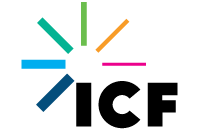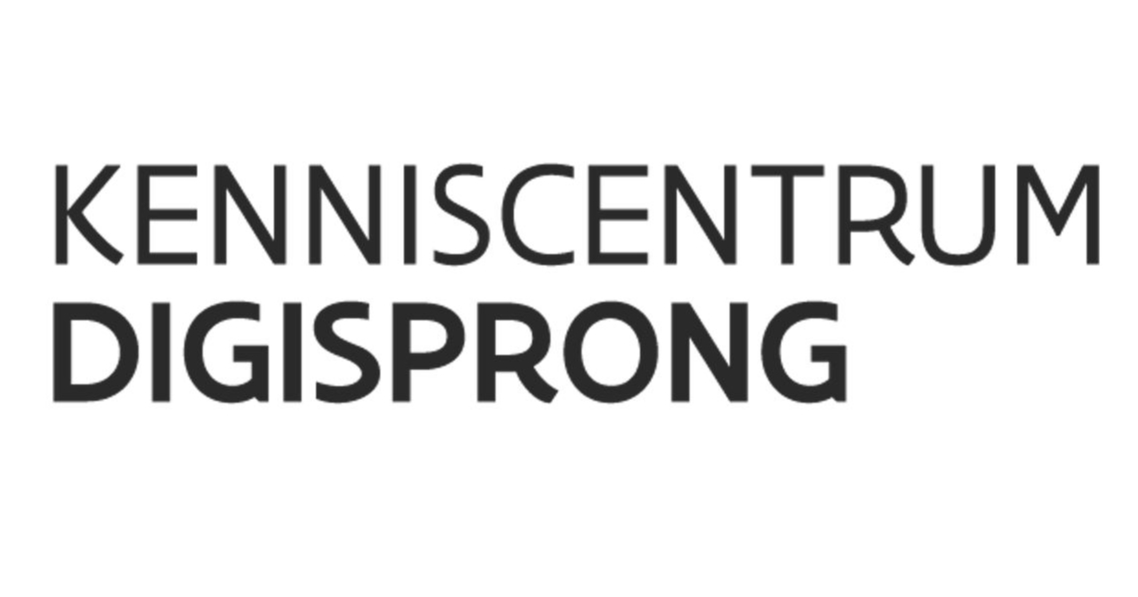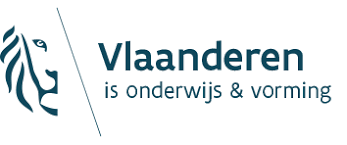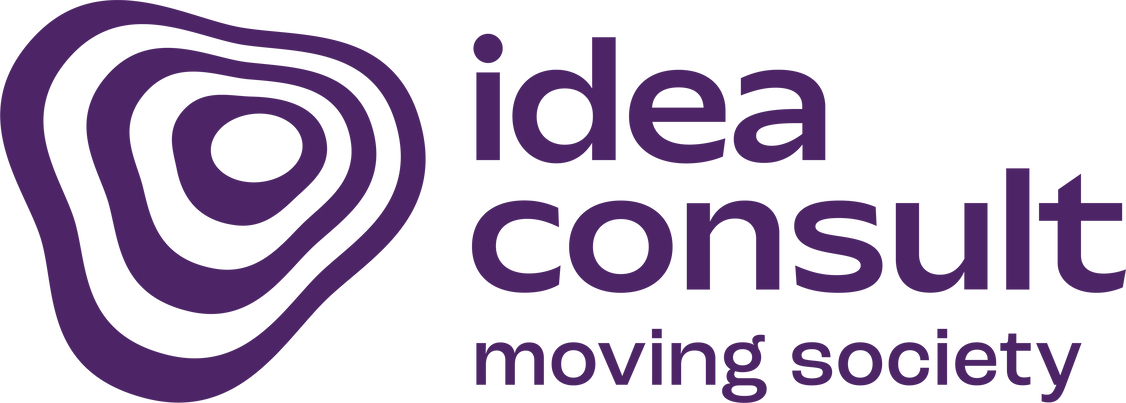We work on more than 300 projects every year.

Digital transformation of Flemish education: reform of ICT teams at school
Ella Desmedt
The challenge
This project was funded by the European Union through the Technical Support Instrument (TSI) and implemented in cooperation with the European Commission. The objective was to support the Flemish Government in implementing the spearhead ‘a strongly supportive and effective ICT school policy’ of the Digisprong action plan, specifically by developing a strategy and guidelines to support schools in primary, secondary and adult education in the transition to the effective use of ICT for learning and teaching.
It is the ambition of the project to help embed the task of the ICT coordinator more broadly in a team-based ICT operation of the schools. This way, the ICT coordinator’s workload is more dispersed and different profiles can be attracted. Such a model is also in line with modern forms of school leadership, in which leadership is more of a team responsibility.
The process & results
The first part of the survey took stock of the gaps and needs regarding ICT coordination and policy at school. More specifically, the context, the role of ICT coordinators, the ICT policy plan, ICT and leadership, and ICT support and professionalisation were discussed. This was done on the basis of a literature review and interviews with academic, policy and other experts on the topic. In a next step, partner organisation ICF collected several relevant international examples, e.g. from the Netherlands and Portugal.
In a third phase, a practice-based study was designed that prioritised three tasks:
- The creation of a job profile for ICT coordinators that clearly defines what ICT coordination entails, which can help to strengthen the position of ICT coordinators and support the evolution towards a team-oriented ICT functioning.
- A study on the characteristics of strong ICT teams with the aim of proposing a new model of team-oriented ICT coordination.
- The development of guidelines for more team-oriented ICT coordination in schools.
For the creation of the job profile, the first step was making an inventory and analysis of existing profiles and job descriptions of ICT coordinators. This resulted in a draft version of an integrated task profile. Then, via (group) interviews with developers of the consulted job profiles, ICT coordinator training providers and (former) ICT coordinators, this draft profile was further refined. Research into the characteristics of strong ICT teams was fuelled by input from online focus groups with ICT coordinators and management. Here, the characteristics of strong ICT teams and how schools can make the transition to ICT teams were discussed. All these insights also provided input to establish guidelines for more team-based ICT coordination in schools.
These materials (the integrated task profile, the characteristics of strong ICT teams and the guidelines for the transition to more team-oriented ICT coordination) were then tested by five schools in a pilot project. This pilot included an explanation of the materials and research, a workshop with school teams, learning points and assignments, a workshop with all school teams together and a feedback moment. Based on the feedback from the pilot, the materials were finalised. In addition, an online training format for ICT teams was made and policy recommendations were formulated.
To conclude the project, a road show was organised. Together with Kenniscentrum (Knowledge Centre) Digisprong, the research and materials were explained to ICT coordinators and management at five different locations. As part of this dissemination, a brochure for ICT coordinators and management was published. In addition, the materials are freely available for use through Kenniscentrum Digisprong.
Partners in this project




